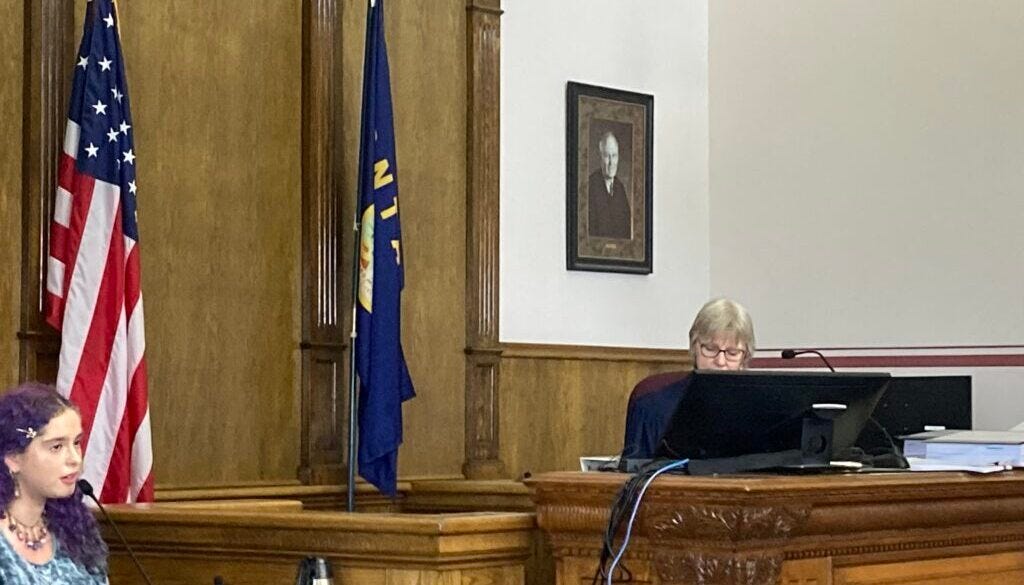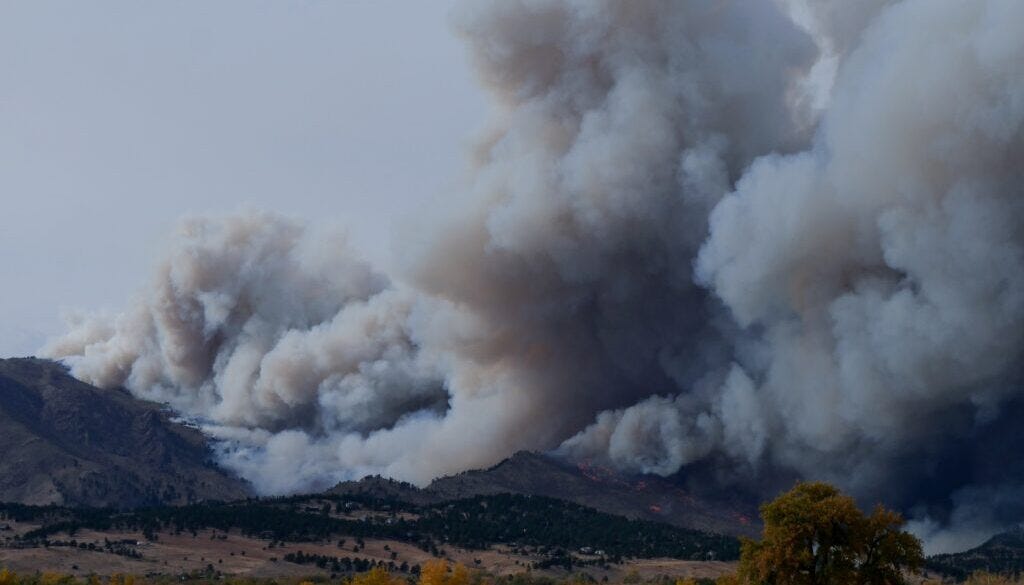Must-read recap: The New Lede's top stories
3M settlement marks "significant step forward" for PFAS-contaminated communities; a landmark legal challenge over climate change; wildfire smoke tied to deaths and economic losses.
3M settlement marks “significant step forward” for PFAS-contaminated communities
In a move that could help alleviate US public drinking water systems contaminated with harmful chemicals, the conglomerate 3M agreed last week to a settlement of at least $10.3 billion. The announcement comes weeks after the companies Dupont, Chemours, and Corteva agreed to pay about $1.2 billion to settle similar claims.
If approved, the settlement, which could total up to $12.5 billion, would be paid to affected communities over 13 years. The money would go towards the costs of testing for per- and polyfluoroalkyl substances (PFAS) and removing the toxic chemicals from drinking water.
“This settlement with 3M is a significant step forward in what has been many years of work to make sure that those responsible for the contamination of our nation’s drinking water supply with PFAS ‘forever chemicals’ pay for the damage – not the victims of the contamination,” said Rob Bilott, a lawyer who has spent decades exposing the dangers of PFAS chemicals, in a statement. Bilott serves as the court-appointed advisory counsel to the plaintiffs in this multidistrict litigation (MDL).
While the settlement should help communities receive the resources they need, “questions remain whether [the settlement] will cover all of the injuries that 3M caused,” said Carl Tobias, a law professor at the University of Richmond. (Read the rest of the story.)
In Montana, a landmark legal challenge over climate change
For 20-year-old college student Olivia Vesovich, climate change is not a future concern. It’s a current and near-daily crisis.
“Climate change has impacted my ability to breathe,” Vesovich testified recently from the witness stand of a Montana courtroom.
The college student, who suffers from asthma, is one of more than a dozen young people who have undertaken a landmark legal challenge against the state of Montana over the state’s support for industries that contribute to harmful climate change and related impacts on human health.
Personal stories such as Vesovich’s were spotlighted in the case of Held v. Montana, which was filed by sixteen children and young adults who contend that Montana officials are turning a blind eye to climate pollution when issuing permits for fossil fuel projects, including expansion of coal mining.
The case is the first-ever constitutional climate trial in the country, pitting youth inheriting climate problems against the government leaders they blame for the dire legacy. (Read the rest of the story.)
Wildfire smoke tied to thousands of deaths and billions in economic losses, researchers warn
As hundreds of wildfires continue to rage across Canada, a new study warns that toxic particulates carried in wildfire smoke can lead to more than 4,000 premature deaths in the United States and $36 billion in annual US economic losses.
People living in California, Florida, Texas, Georgia, Alabama and North Carolina could suffer the highest number of premature deaths due to dangerous particulate matter that is distributed by the smoke from wildfires, researchers determined.
The study, “Quantifying the Premature Mortality and Economic Loss From Wildfire-Induced PM2.5 in the Contiguous US,” was published this month in the journal Science of the Total Environment. Researchers from Cornell University, the University of Houston and the Harvard-Smithsonian Center for Astrophysics, as well as researchers from other institutions, co-authored the work. (Read the rest of the story.)





